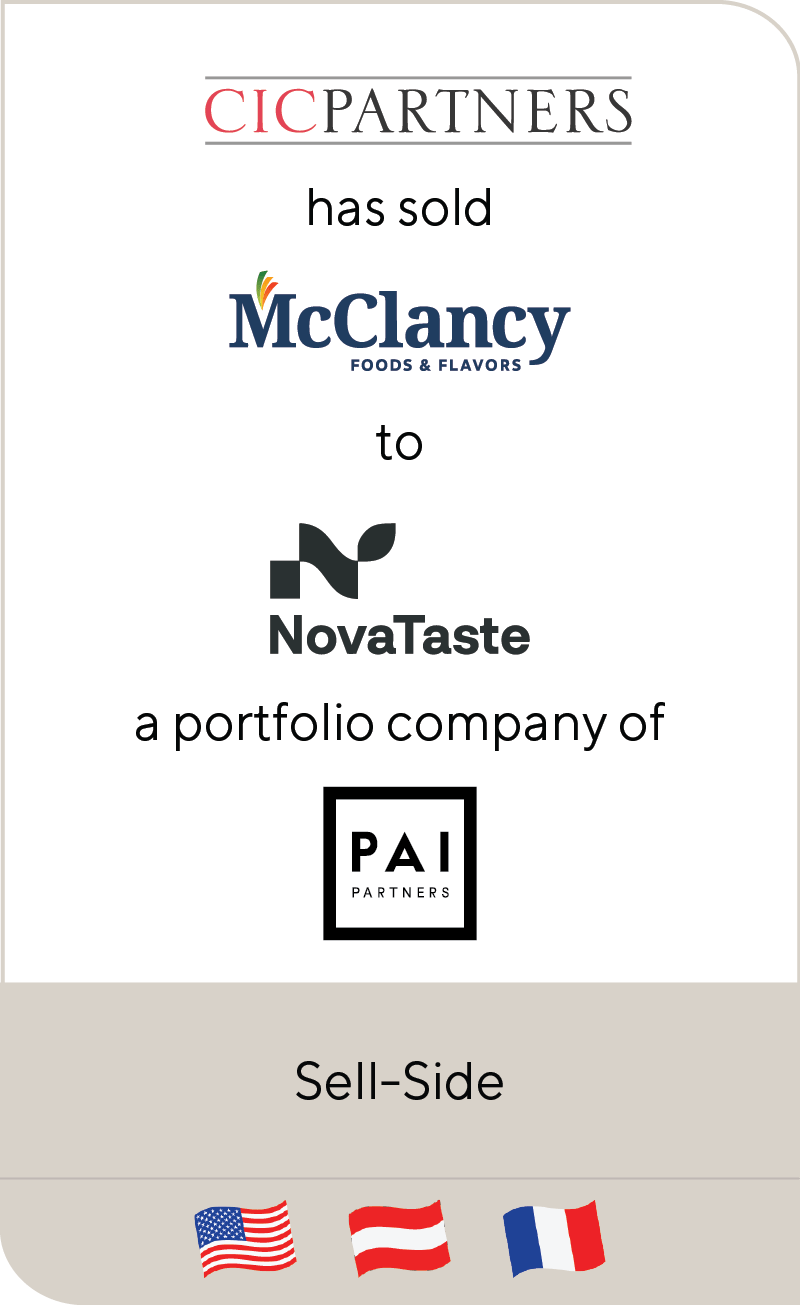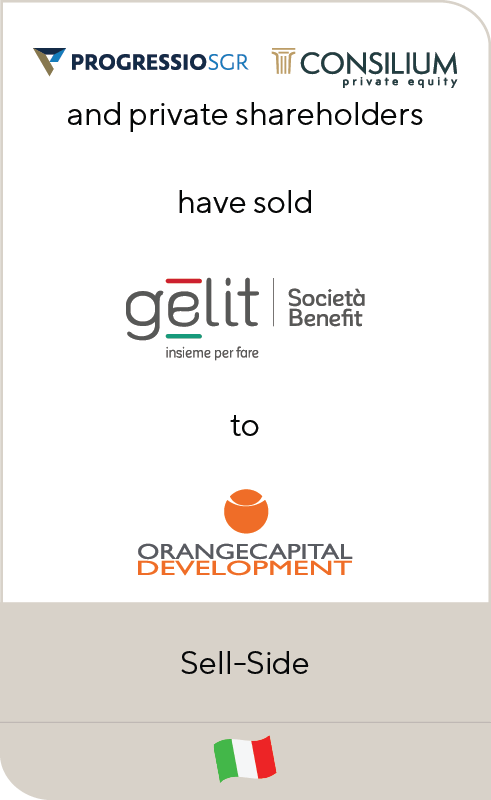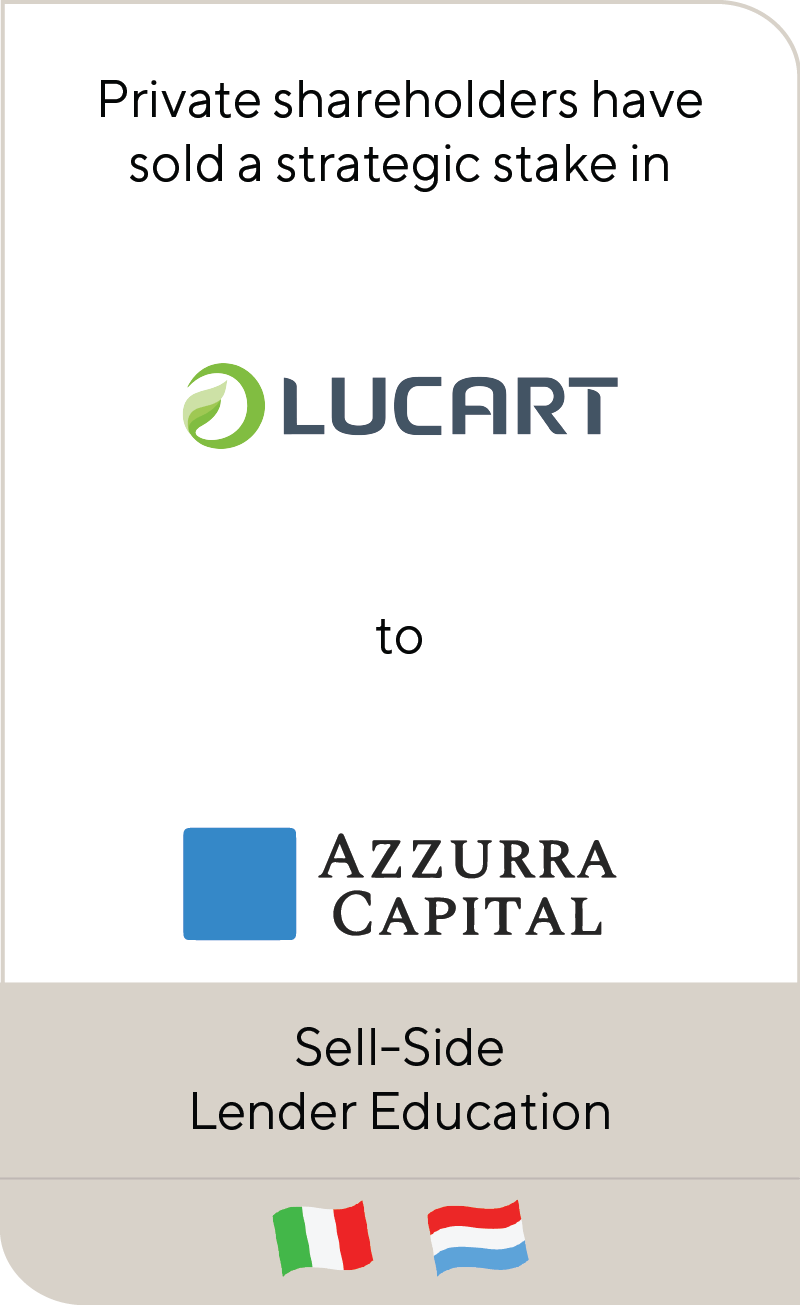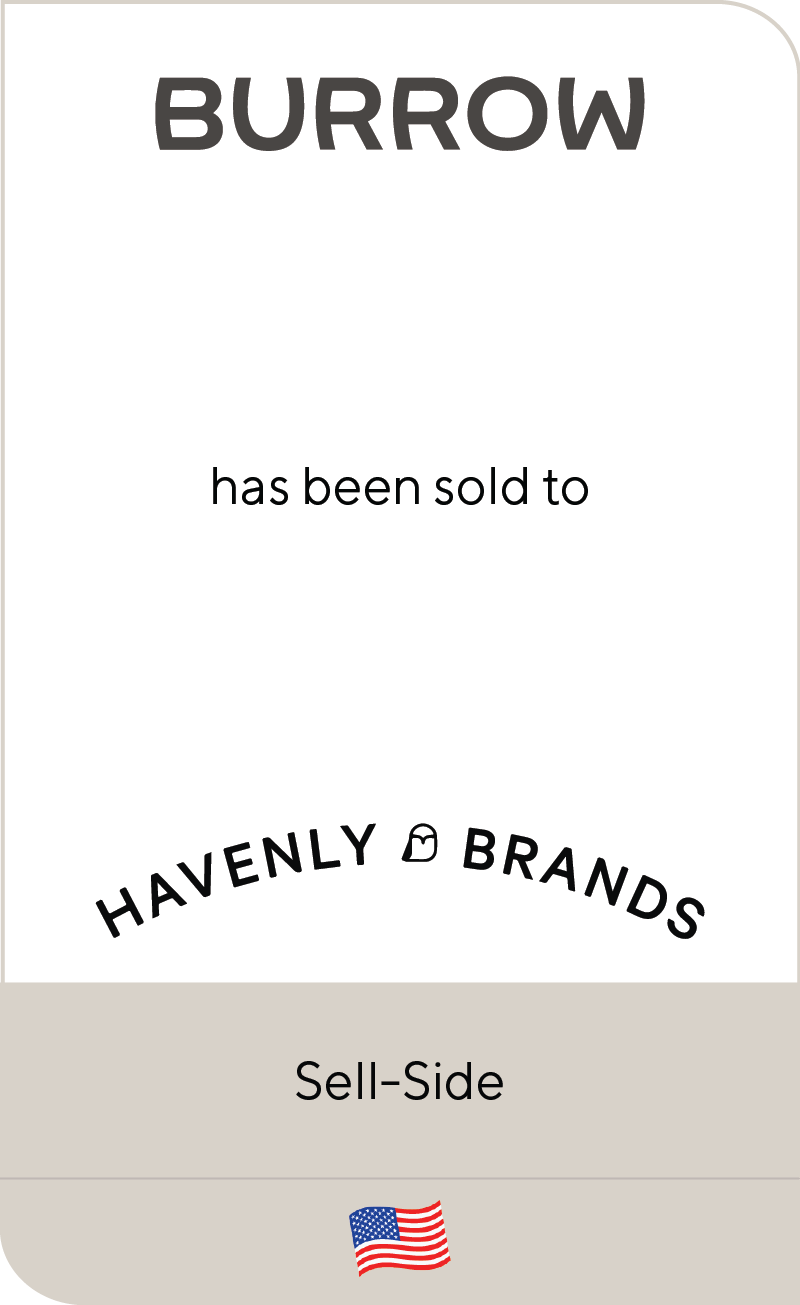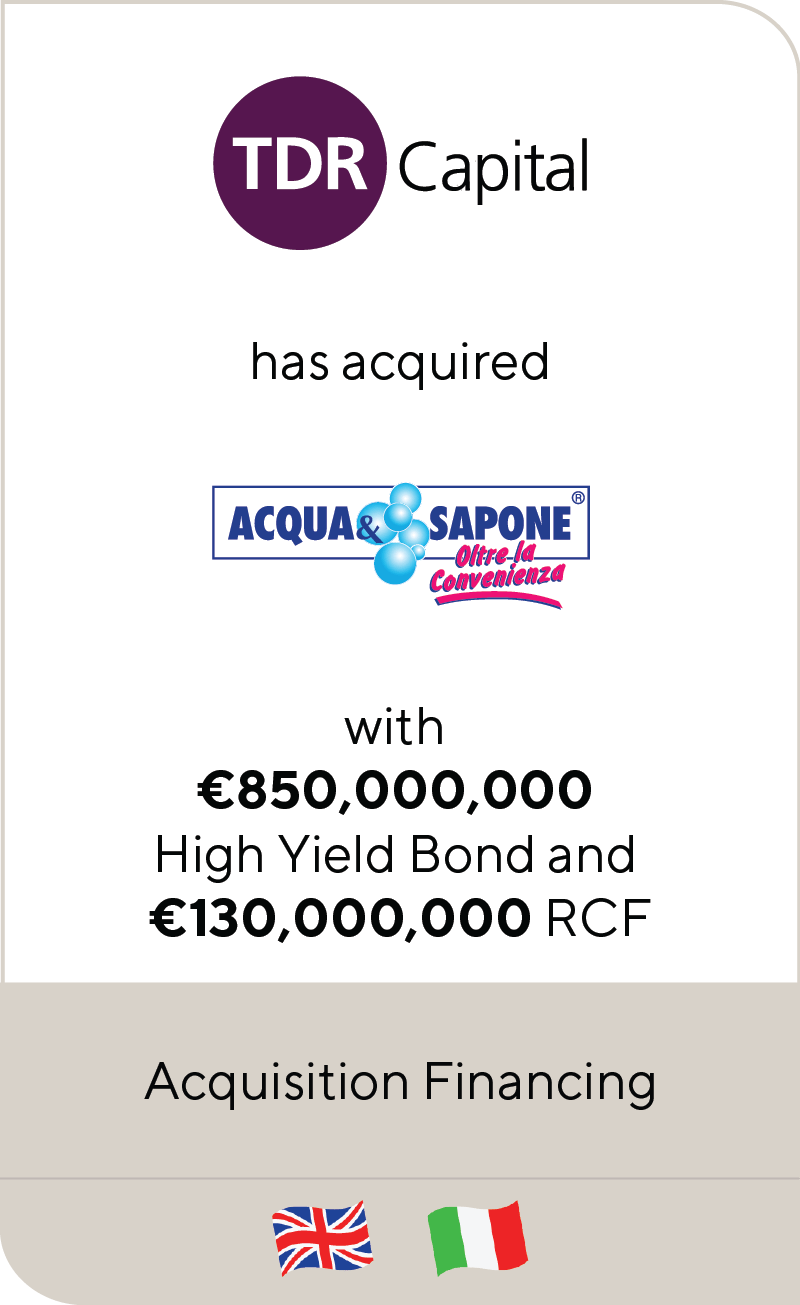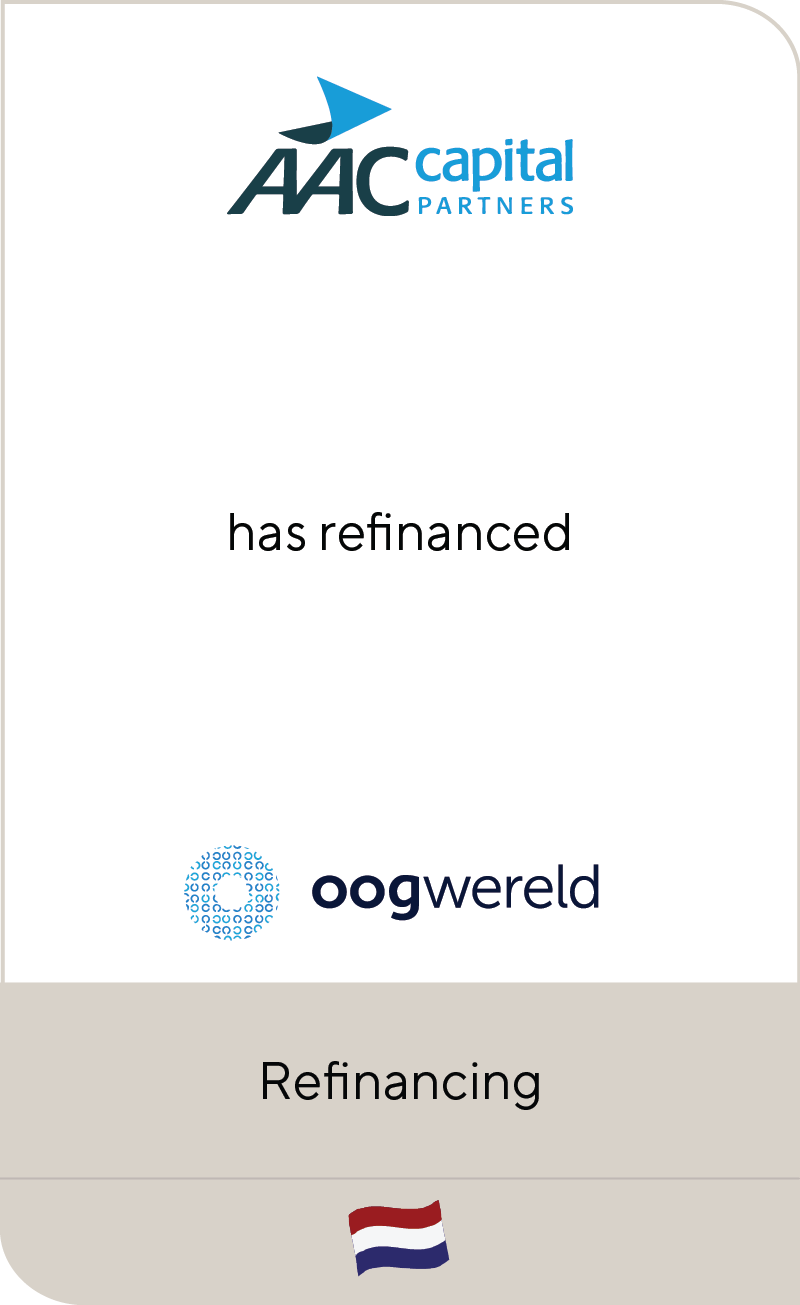Restaurants
In the summer of 2020, Britons were encouraged to dine out through the “Eat Out to Help Out” scheme in which participating restaurants offered a 50 percent discount, up to £10 per person, on food and non-alcoholic drinks three days of the week. 84,000 restaurants took part, benefiting diners with an average £5.25 discount on their bill.
The effort brought diners to the table after months away—August trading peaked at 70% LFL higher, against the same day of the week in 2019 based on OpenTable bookings. In the final week of the scheme, full week sales were up 39% from the prior year. However, this steep uptick in sales was quickly followed by a challenging period of regional and national lockdowns.
Despite the restrictions and lack of government stimuli so far in 2021, the figures since May 17 show a quicker rebound than after the reopening in 2020. Restaurant bookings were 65 percent higher during the final weekend of May than the same days in 2019, according to data from OpenTable.
One of the challenges that restaurants face in the near term are staff shortages. Some restaurant groups are offering bonuses to workers who refer new applicants, but the staffing crisis in hospitality, particularly in London, is driven by a lack of available workers who have either left the country or the sector altogether.
Compounding this crisis is the recent “pingdemic” caused by the UK government’s track and trace app. In the week of July 14, the Financial Times reported that a record 600,000 people were told to self-isolate causing a wave of worker shortages forcing a number of businesses to temporarily close. A survey conducted by industry body UK Hospitality suggested that 6 in 10 hospitality businesses have had staff off work after being pinged, and 13% of the workforce have recently isolated. To mitigate the issue, it’s estimated half of all operators have reduced trading hours, and that 6 in 10 are relying on remaining staff to work longer hours. The government has responded to this crisis by reducing some of the parameters of the app to alleviate its impact on the economy, but the success of this measure is yet to be seen.
Since the initial COVID-19 outbreak, 27 acquisitions of UK restaurant, bar and pub operators have completed. At the same time, private equity investors have seized opportunities to acquire chain restaurants. While specific locations may be unprofitable, private equity sponsors see value in the core operations of many chain restaurants emerging from the pandemic.
Some Michelin Starred restaurants that were forced to offer takeaway during the height of the pandemic turned to building out their own takeaway infrastructure of leveraged new entrants like delivery company Supper, which reaches the premium food market. It remains to be seen whether these providers remain financially and logistically viable post-pandemic.
Gyms
According to a Sports Think Tank report, consumers in the UK spent £5 billion on 10 million gym memberships in 2019. But with the pandemic shifting the way in which people think about exercise and restrictions providing uncertainty for gyms, what is the future of the industry?
The big winner throughout the pandemic has been companies providing home fitness alternatives; Peloton’s revenues stood at $1.1 billion last quarter with comparable brands continuing to flood the market.
In June 2020, athleisure and activewear giant Lululemon’s acquisition of home fitness start-up Mirror signaled that at-home exercise is set to be a lucrative space in the long-term. Several other acquisitions of at-home exercise providers were completed throughout the pandemic. As consumers got used to streaming workout classes and installing equipment in their living spaces, they became comfortable with bringing their gym to their home.
That said, many fitness enthusiasts have demonstrated their willingness to attend the gym again. At the low-cost end of the market, Pure Gym LFL paying members base represented 66% of the June 2019 level in March 2021; three months later, this stepped up to 83%. At the premium end, David Lloyd’s management forecasts a recovery to pre-pandemic levels in September 2021; Fitch estimates that David Lloyd’s UK memberships are 5% below pre-pandemic at the end of May 2021.
Throughout the pandemic, the strategically positioned gym assets have maintained sponsor and lender confidence, receiving numerous cash injections to support liquidity or invest. As an example, JD Sports Gym acquired Xercise4Less in July 2020 after it fell into administration.
Looking ahead, the fitness industry will continue to offer opportunities to deploy capital. The strongest operators are readying themselves to benefit from positive post-pandemic trends such as a greater focus on health and wellbeing, and opportunities presented by weaker competitors.
Last month, Pure Gym confirmed that it was in the early stages of considering options for potentially raising equity. Further transactional activity in the sector can be expected, as the level of distress among mid-range players may increase as evidenced by the cross-class cram down restructuring of Virgin Active in May 2021. Market participants are also considering investing further in new and existing sites, and digital and technology assets.
Cinemas
Despite initial concerns that COVID-19 would be the final curtain for cinemas, the pandemic has in fact reaffirmed the importance of cinema as a platform to deliver high quality content to consumers. On May 4, Odeon confirmed it would reopen a vast majority of its UK cinemas with share prices rising by 1% in response. Despite anticipated shortages in blockbuster movies as the industry gets back on its feet, Cineworld advised investors it anticipates admissions levels to be almost 90% of 2019 levels by the end of 2021.
Lessons from other geographies show promising signs for the industry. In China, one of the first countries to both lockdown and re-open, box office takings in December 2020 were 92% of revenues in the same month of the previous year.
However, while vaccine distribution efforts have resulted in the lifting of some pandemic-era restrictions for cinemas, consumers have responded to the last 18 months of disruption by increasingly turning to online streaming platforms. Some cinema chains are working in tandem with studios to agree on distribution rights that satisfy both mediums, and the future looks set to be a combination of both in-person and online viewing.
The UK cinema sector is dominated by a number of chains with fewer independent operators remaining for acquisition. Those that remain and will appeal to investors will be those able to attract consumers back to their sites for the ‘cinematic experience’ they’re unable to have in their homes. In a recent Financial Times article, Vue’s CEO Tim Richard’s stated that demand for ‘dinner and a movie’ had rebounded at a steady pace since sites began reopening. Those smaller, independent chains, providing a combination of both will become attractive assets as this segment begins to pick up pace.
Lincoln Perspective
As leisure sector businesses emerge from the pandemic and look to prepare themselves for a sale process in the wake of the crisis, Lincoln has identified several areas to watch:
|
1 |
Buyers look to customer retention and post-COVID-19 margins: All segments of the leisure industry rely on high occupancy models as they typically operate on high fixed cost models facing similar consumer dynamics in the wake of the pandemic. The key for those businesses thinking about a potential sale will be the ability to evidence the speed at which consumers are returning, how they are navigating some of the ongoing aftershocks caused by COVID-19 and the impact on margins. |
|
2 |
Distress is minimal, though businesses are not in the clear: According to S&P data, 6.1% of defaults globally in the leveraged loan market in 2020 have been from leisure issuers, significantly behind oil and gas, retail and telecoms. But these defaults and distressed M&A activity may yet see an increase as government support (e.g., furlough) is phasing out. Much of this uncertainty relies on the success of the vaccination program and to what extent consumer behavior returns to pre-pandemic norms. |
|
3 |
Owners must account for debt in sale processes: Many businesses within the leisure sector will be carrying an additional debt load following the uncertainty of the last 18 months through incremental borrowing or being forced into lease catch-up payments to landlords. While this doesn’t impact the value of a business, it does mean these debt commitments need to be accounted for before reaching any equity value in any potential sale. On the whole however, enterprise values are recovering quickly, and cinemas particularly look to have reached pre-pandemic levels. |
|
4 |
Mix revenue models perform well: Businesses that have continued their evolution to a mix-revenue model are attractive targets. Common mixes include a combination of direct-to-consumer offering as well as in-person and online operations, such as the Deliveroo platform. This type of model could create opportunity for smaller companies to achieve growth at a much faster rate as the economy looks to rebound. It’s a very cost-effective way to trial new brand ideas, new food concepts, marketing and promotions with little risk. Lincoln expects smaller businesses may seek to take advantage of this as towns in the UK see increasing rent prices on the high street. |
Contributors

I build trust with clients by putting their interests first at all times.
Aude Doyen
Managing Director & Co-head of Capital Advisory, Europe
London
I take a long-term approach to building relationships and understanding clients' businesses in order to provide timely and relevant advice.
Alex Masters
Managing Director & Co-head of Consumer, Europe
LondonMeet Professionals with Complementary Expertise

I have a hands-on approach and bring energy, creativity and passion to every client transaction.
Eddie Krule
Managing Director
Chicago
I design strategies and offer solutions that fit the unique ambitions of each client I serve.
Brian Little
Managing Director
Los Angeles
I take a long-term approach to building relationships and understanding clients' businesses in order to provide timely and relevant advice.
Alex Masters
Managing Director & Co-head of Consumer, Europe
LondonRelated Perspectives
Recent Transactions in Consumer

Summer of Spending: Opportunity for Investors as UK Leisure Industry Rebounds
With the UK falling in and out of lockdown since March 2020, the Bank of England is anticipating the biggest surge in household spending since 1988 upon the planned reopening… Read More
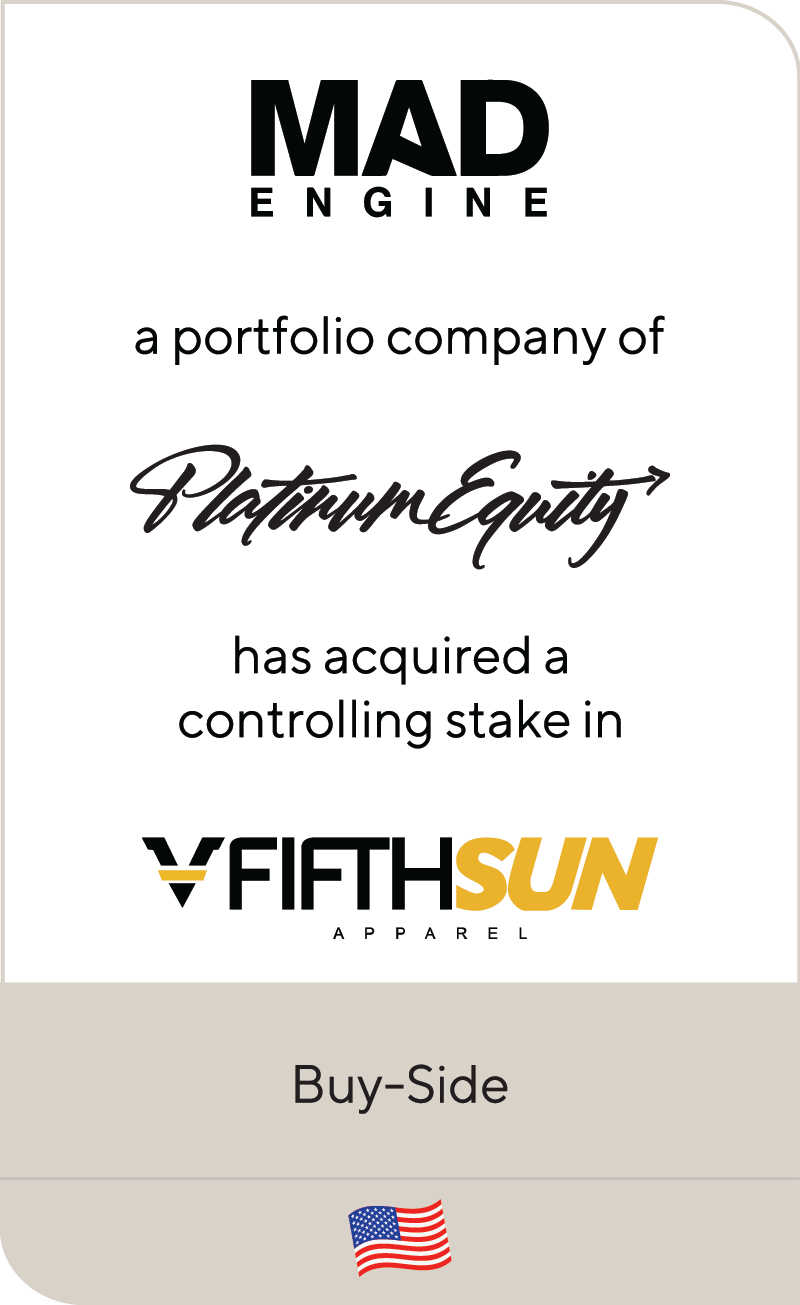
Mad Engine a portfolio company of Platinum Equity has acquired a controlling stake in Fifth Sun
Fifth Sun is a leading designer, distributor and technology-driven innovator of print-on-demand manufacturing and supply chain systems for a wide range of licensed, generic and private label graphic apparel. The… Read More
Lincoln International Releases Proprietary Q2 2021 Middle Market Index
Private Credit Market Experiences Continued Competition In the second quarter of 2021, the Lincoln Middle Market Index (Lincoln MMI) grew by 5.6%, with the last two quarters representing the strongest… Read More
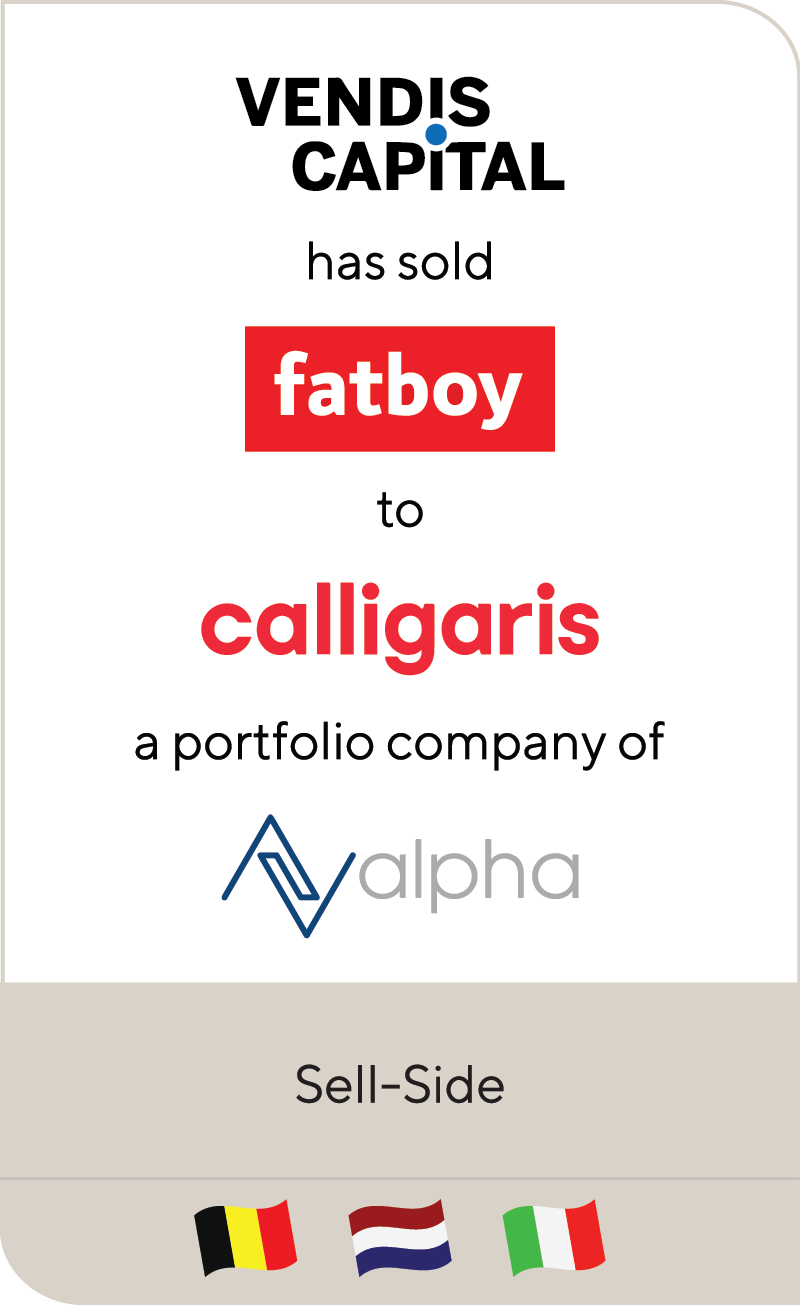
Vendis Capital has sold Fatboy to Calligaris Group, a portfolio company of Alpha
Headquartered in Den Bosch, the Netherlands, Fatboy is an iconic lifestyle brand with proven innovation capabilities, a strong digital resonance and a global distribution presence. Since its foundation, the business… Read More

TransPerfect | Dynamics Driving Mergers and Acquisitions in the COVID Era
Originally published by TransPerfect on August 13, 2021. The pandemic has really shaken things up, and the ripple effects continue to alter the business landscape. To understand how it’s affecting the… Read More

EMERAM Capital Partners has completed a single asset continuation vehicle transaction involving Boards & More
Client: EMERAM Capital Partners GmbH Client Location: Germany Target: Boards & More Target Location: Austria Target Description: Boards & More is the world’s leading company for kitesurfing, stand up paddling… Read More
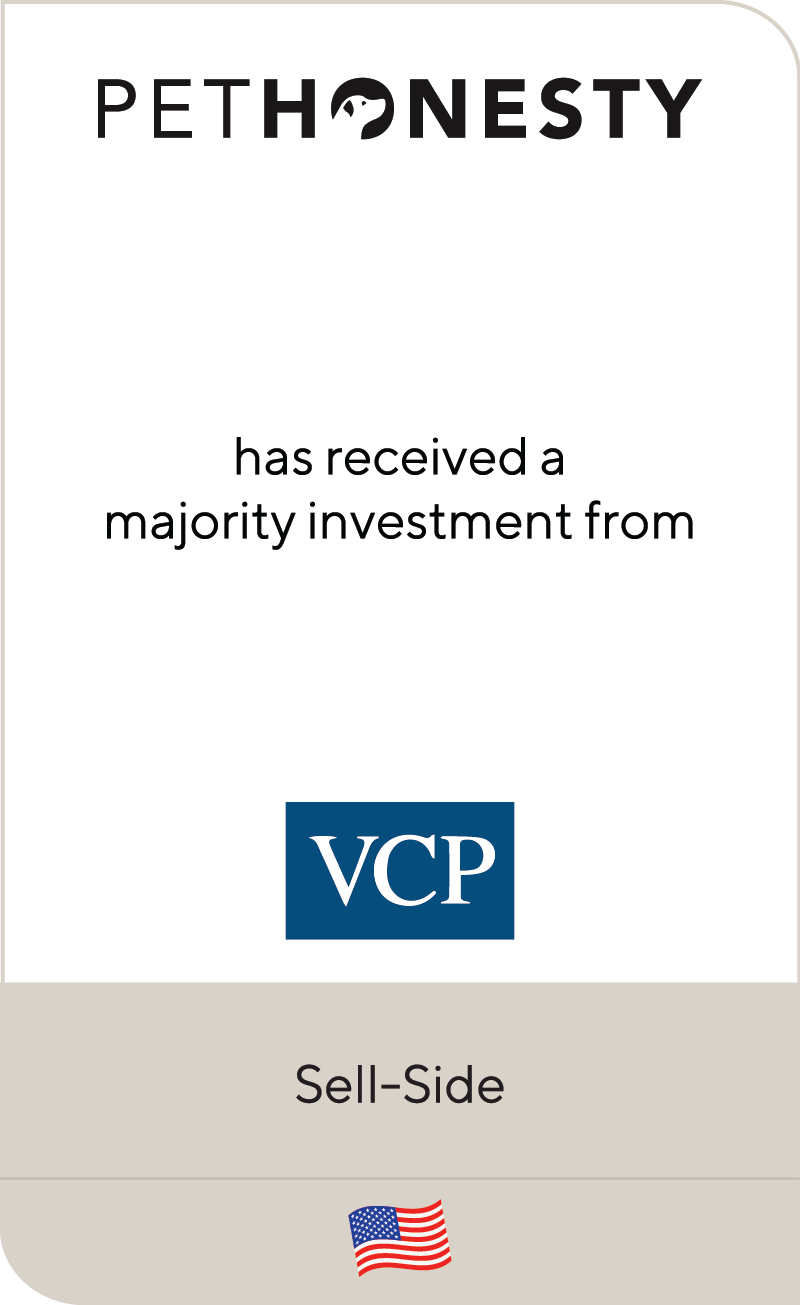
PetHonesty has received a majority investment from Vestar Capital Partners
Founded in 2018 and based in Austin, Texas, PetHonesty is a trusted leader in pet health, providing premium pet supplements that are formulated to help address a range of common… Read More
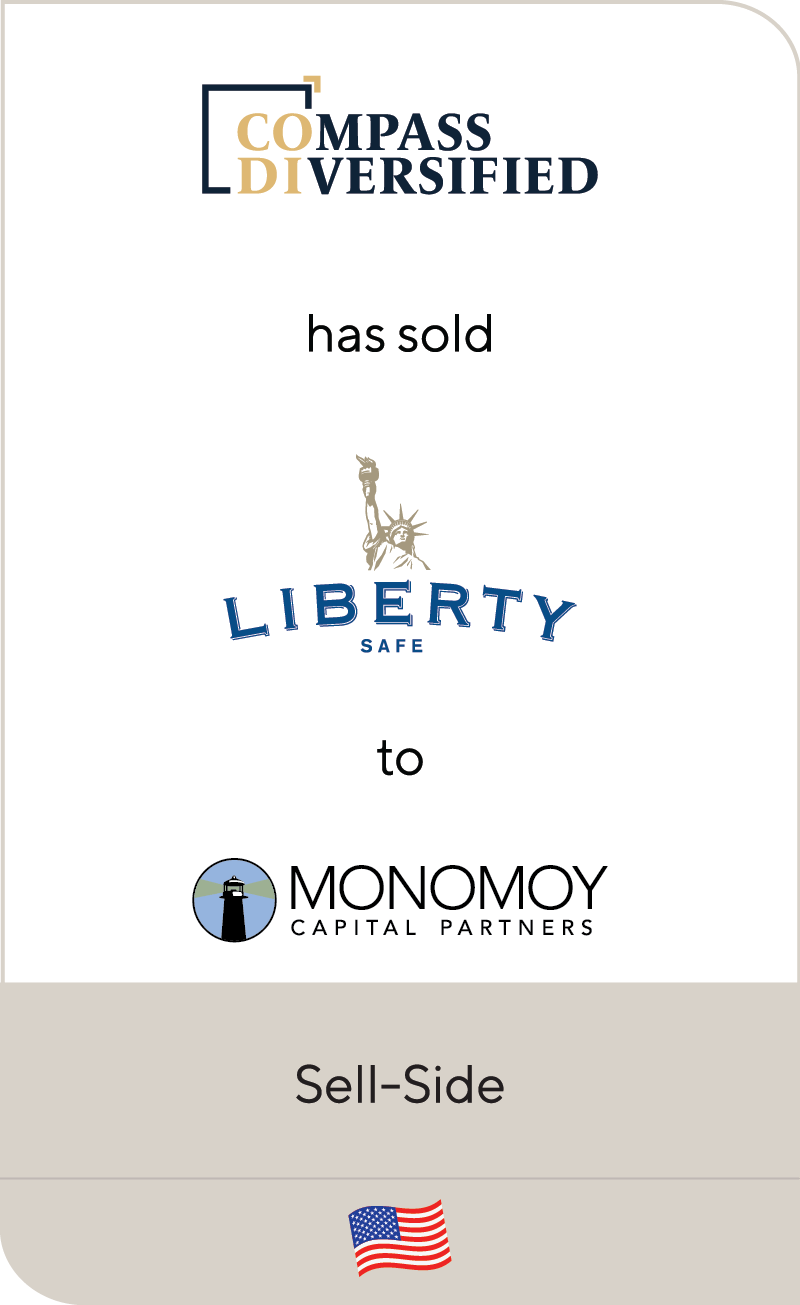
Compass Diversified has sold Liberty Safe to Monomoy Capital Partners
Founded in 1988 and headquartered in Payson, Utah, Liberty Safe has established itself as the market-leading brand in the residential secure storage market. Known for its leading enthusiast brand, best-in-class… Read More
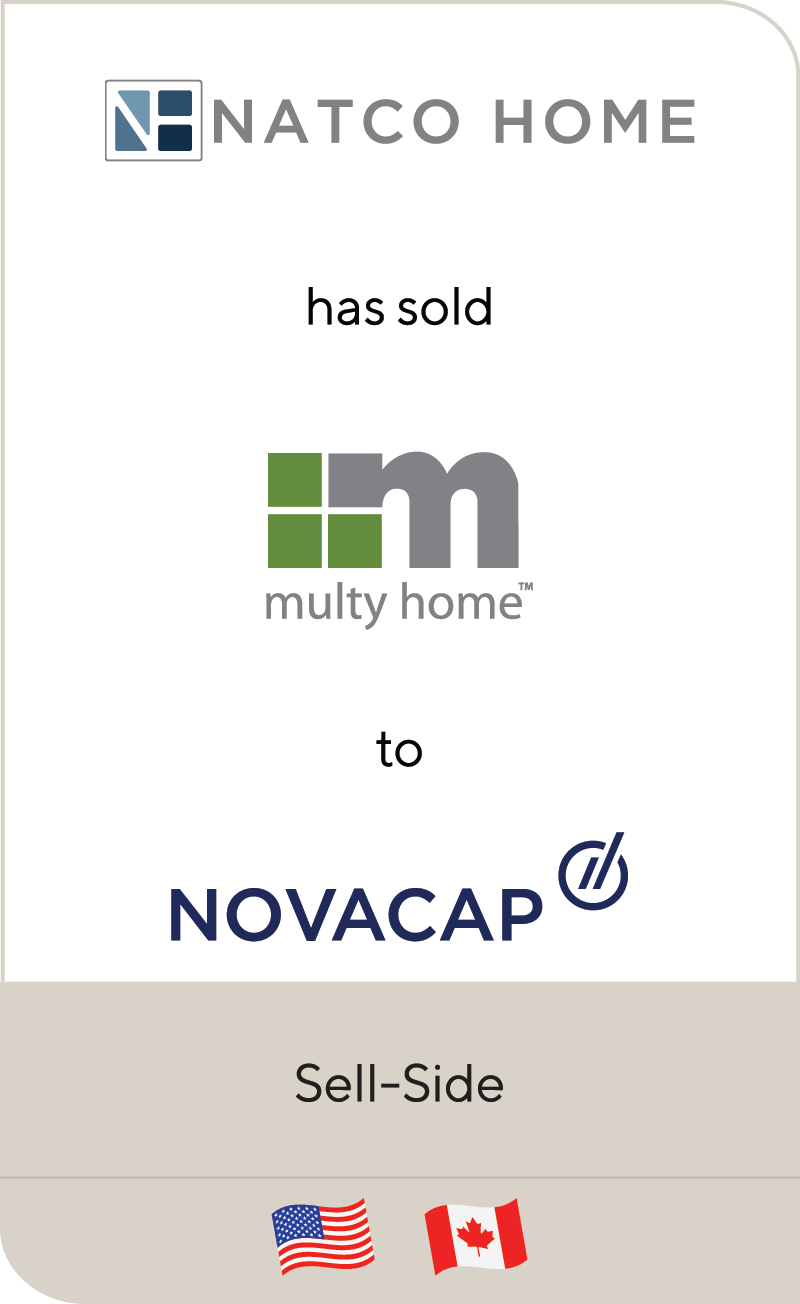
Natco Home has sold Multy Home to Novacap
Headquartered in Ontario, Canada, Multy Home brings a unique approach to sustainable development and product innovation, resulting in an industry-leading position in the outdoor living and functional flooring products spaces.… Read More
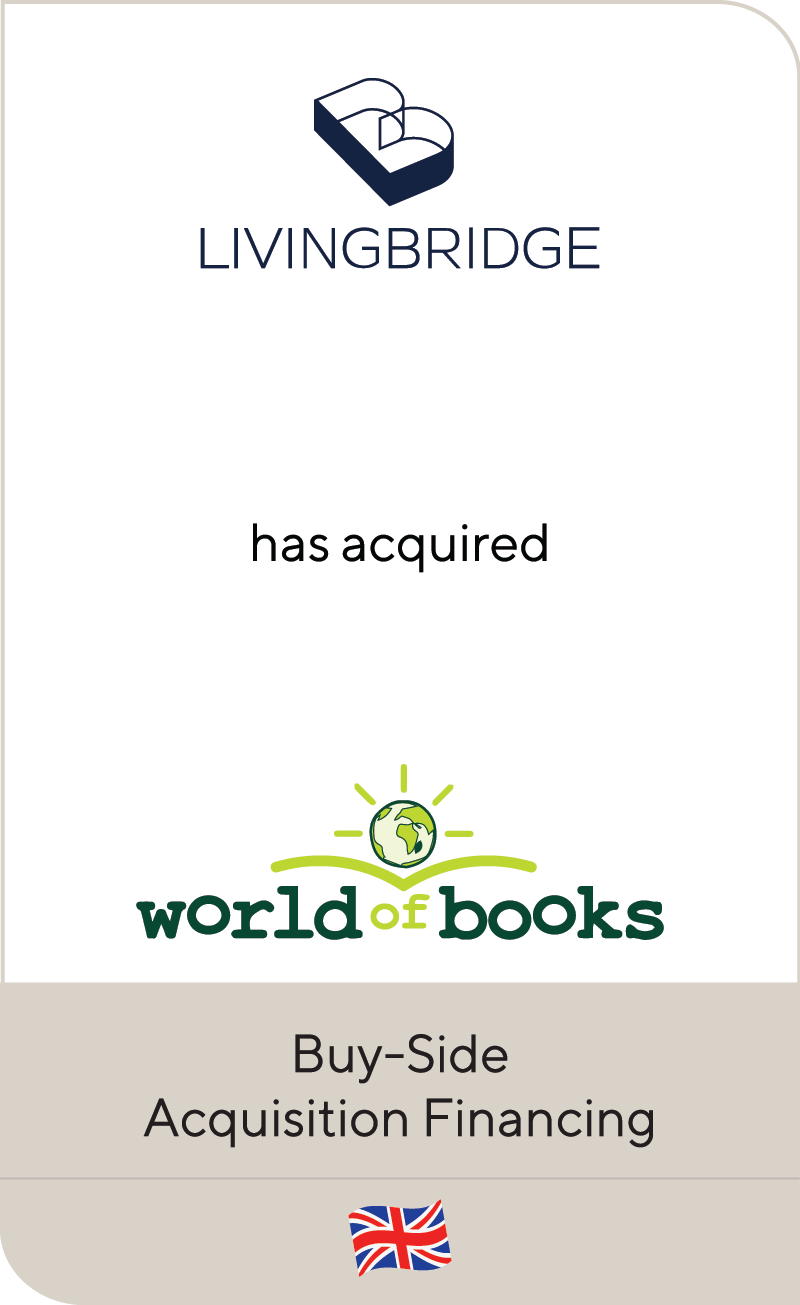
Livingbridge has invested in World of Books
World of Books (Wob) is a re-commerce business operating within the books sector, committed to acting as a force for good. Its purpose-driven actions focus on three areas, 1) the… Read More
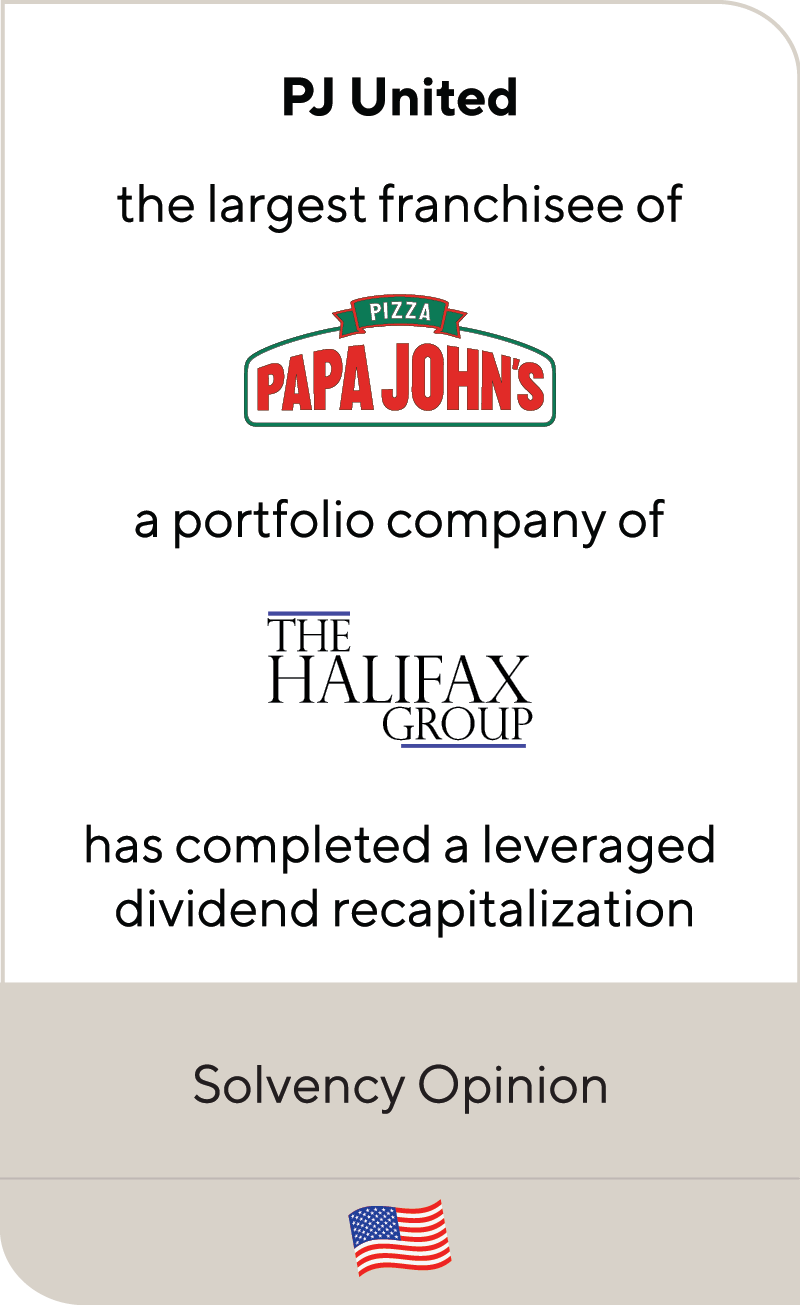
PJ United, the largest franchisee of Papa John’s, a portfolio company of The Halifax Group, has completed a leveraged dividend recapitalization
Client: The Halifax Group Client Location: United States Target: PJ United Target Location: United States Target Description: PJ United is the largest franchisee of Papa John’s.
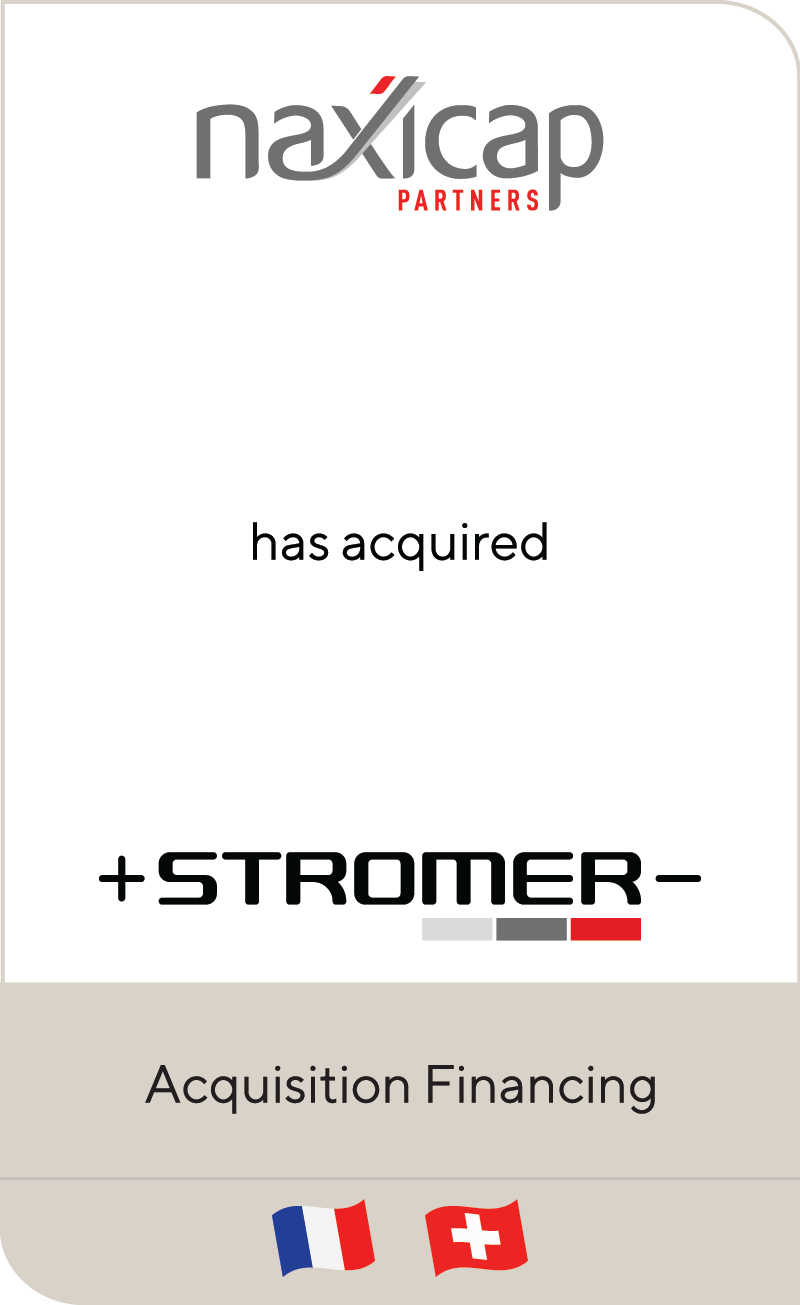
Naxicap Partners has acquired Stromer
Client: Naxicap Partners Client Location: France Buyer: Naxicap Partners Buyer Location: France Target: Stromer Target Location: Switzerland Target Description: Stromer is a Swiss manufacturer of premium e-bikes.

Coeurdor has been sold to Oerlikon
Coeurdor is a well-established brand and full-service provider for the design, manufacturing and coating of metallic components to world-leading luxury brands. The company perpetuates the tradition of fine craftmanship and… Read More
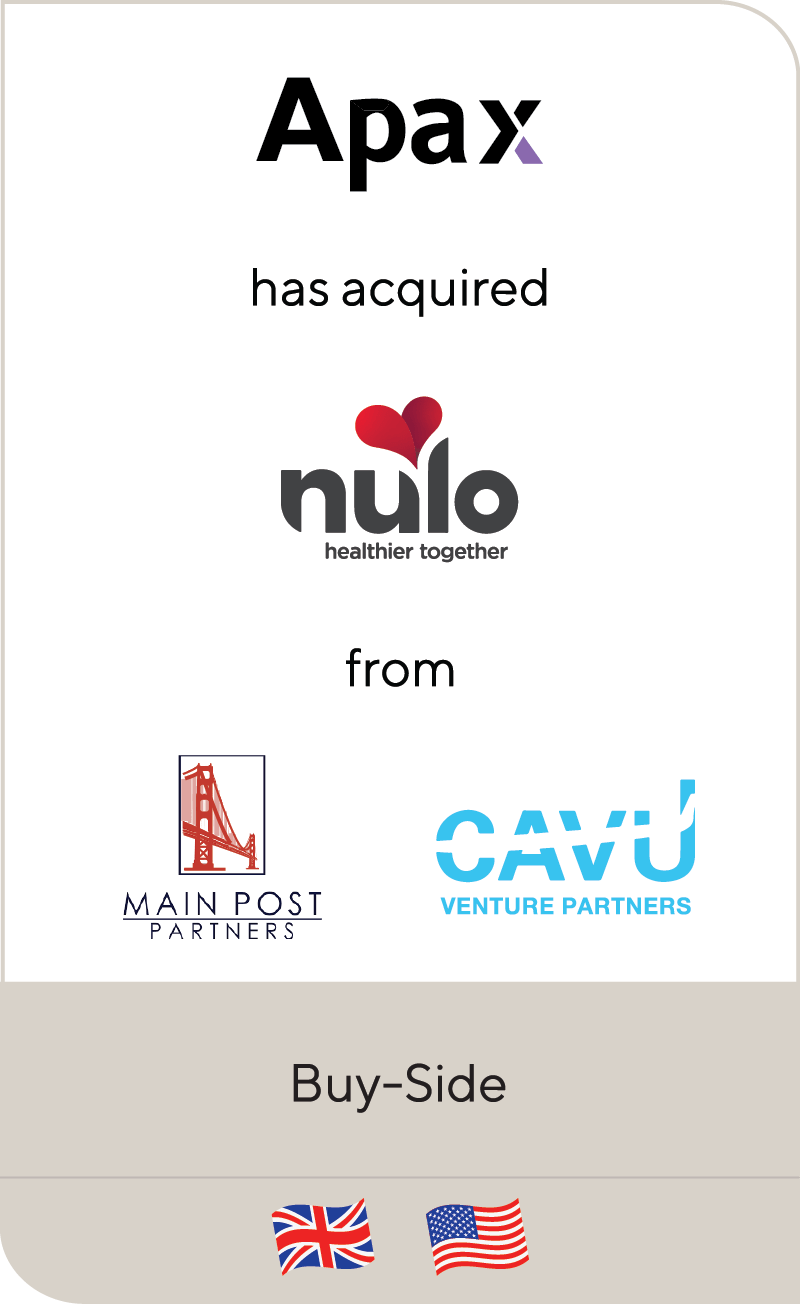
Apax Partners has acquired Nulo from Main Post Partners and CAVU Venture Partners
Established in 2010 and headquartered in Austin, Texas, Nulo is one of the fastest-growing major pet food brands in the United States pet specialty channel. The company’s diversified portfolio of… Read More

Bharani Kumar
Bharani provides growth capital raise and mergers and acquisitions (M&A) advisory services in the technology and consumer industries. Bharani has experience helping young and fast-growing businesses expand with growth equity,… Read More
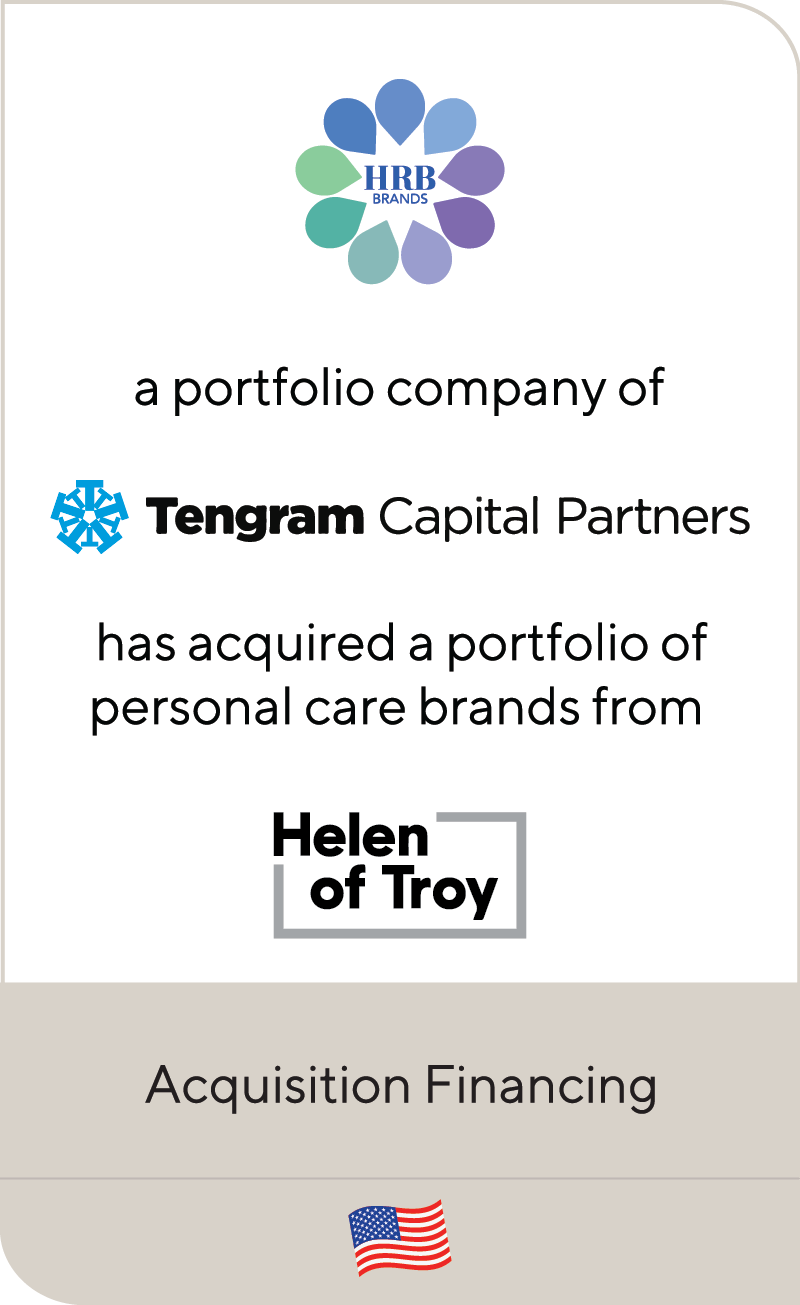
High Ridge Brands, a portfolio company of Tengram Capital, has acquired a portfolio of personal care brands from Helen of Troy
Client: Tengram Capital Client Location: United States Target: Helen of Troy Target Location: United States Acquirer: HRB Brands LLC (Tengram Capital) Acquirer Location: United States Target Description: Helen of Troy is a designer,… Read More

Differentiated Pet Food Brands Fetch High Multiples: Guidance for Sector Entrepreneurs
For investors, the recession resilient nature of the pet sector and its strong performance through multiple economic cycles has long been notable. Most recently, the pandemic solidified the sector’s resilience… Read More
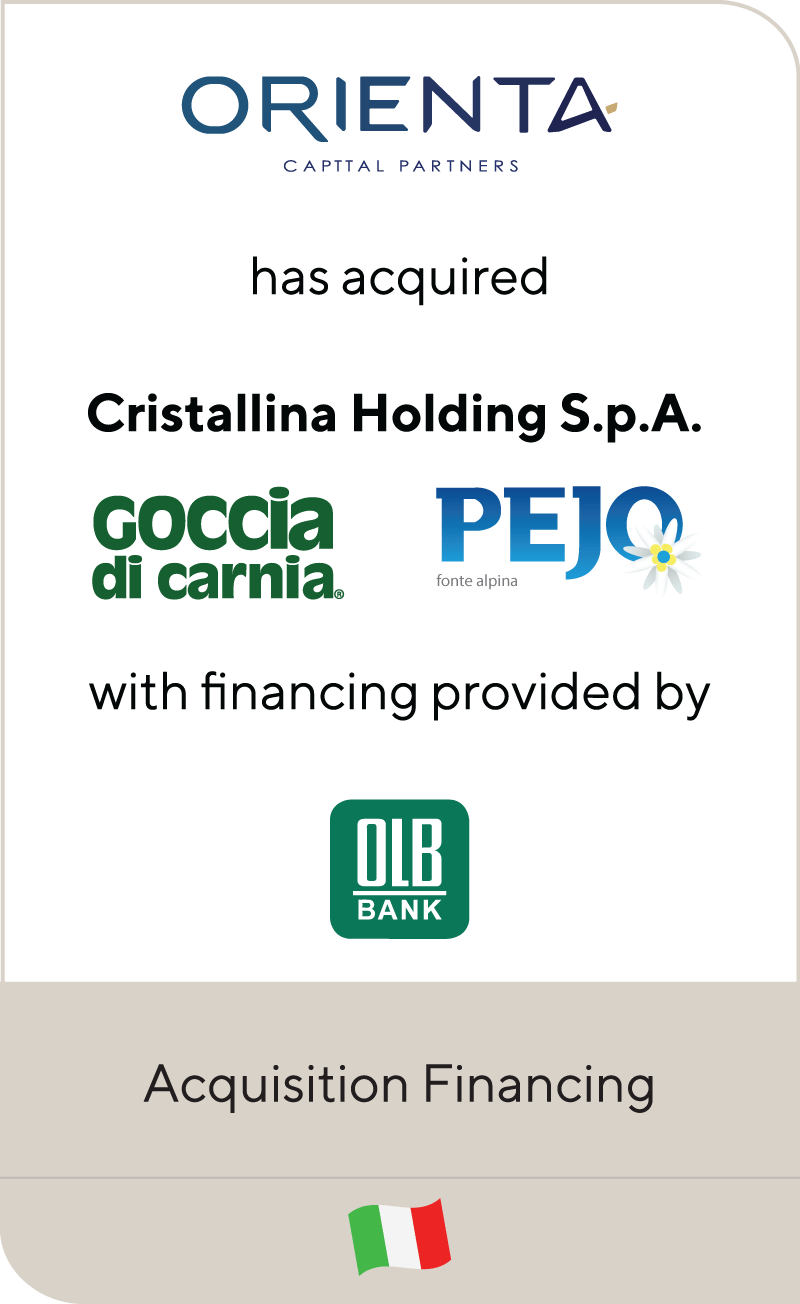
Orienta Capital Partners has acquired a majority stake in Cristallina Holding S.p.A.
Orienta has acquired 57.8% of Cristallina, a leading player in the mineral water market in Italy. This majority acquisition is part of Orienta’s strategic plan based on strong organic growth… Read More
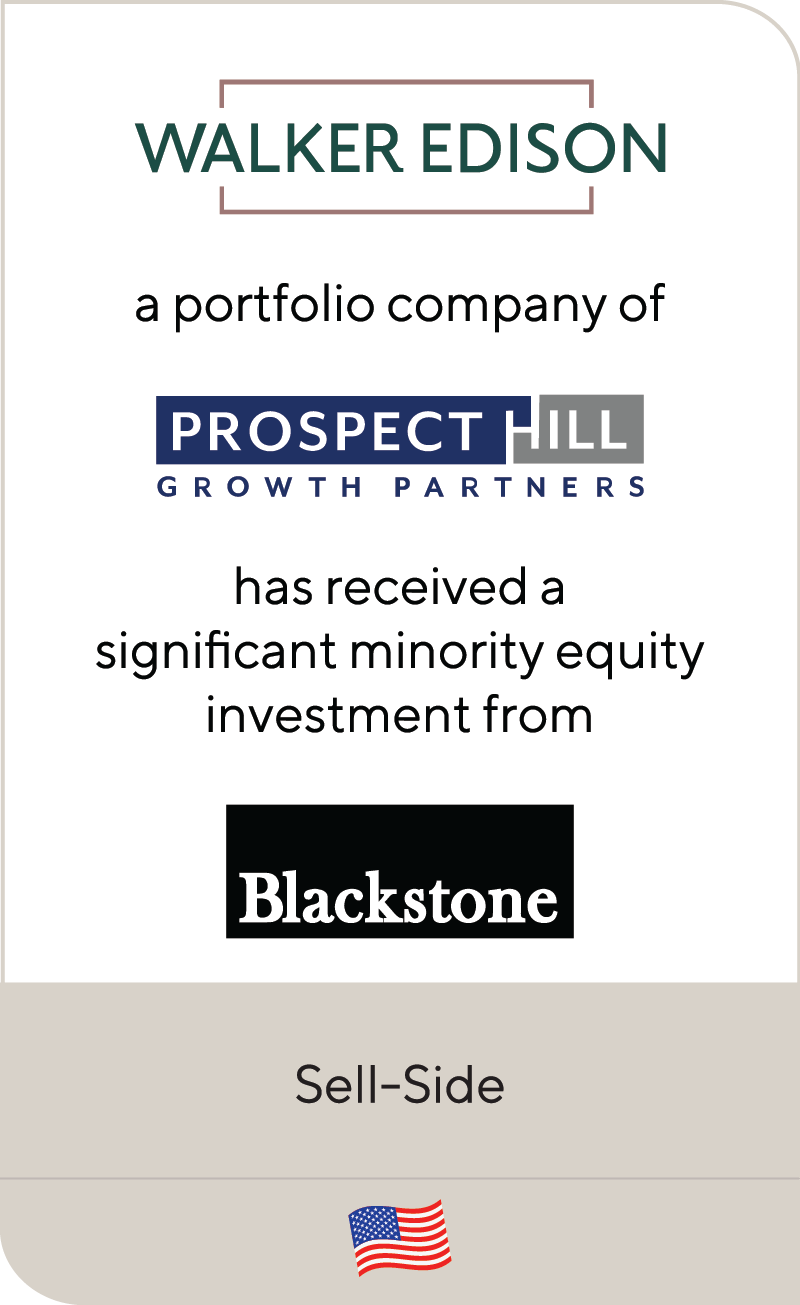
Walker Edison received a significant minority equity investment from Blackstone
The company’s founders, Brad Bonham and Matt Davis, and controlling investor, Prospect Hill Growth Partners, maintain a majority stake. Brad Bonham, Co-founder and Chief Executive Officer of Walker Edison, commented,… Read More

Pierluigi Bugari
Pierluigi advises private equity firms, public corporates and privately held businesses on a wide range of transactions, including mergers and acquisitions (M&A), leveraged buyouts, asset disposals and corporate carve-outs. He… Read More

Lincoln International Adds Jeff Cleveland as Managing Director
Bolsters Global Consumer Team’s Advisory Capabilities in Food and Beverage Lincoln International is pleased to announce the addition of Jeff Cleveland as a Managing Director. Jeff joins the firm’s Global… Read More
Lincoln International Releases Proprietary Q1 2021 Middle Market Index
Private Company Enterprise Value Momentum Continues in Q1 2021 as the Lincoln MMI Climbs to Another Record High In the first quarter of 2021, the Lincoln Middle Market Index (Lincoln… Read More
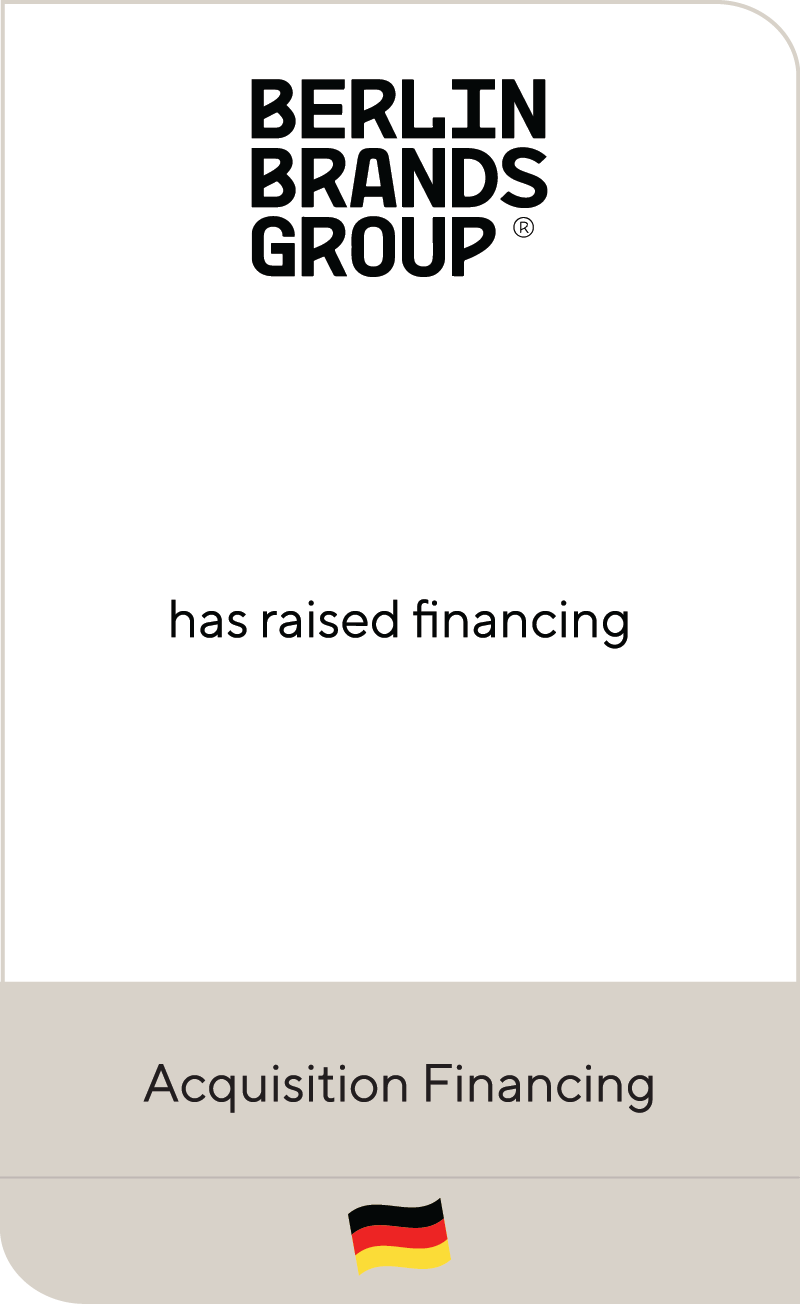
Berlin Brands Group has raised debt financing to accelerate global acquisitions of e-commerce brands
Berlin Brands Group (BBG), one of the leading global e-commerce companies and pioneers in the direct-to-consumer business, raised debt funding to further support the acquisitions of online retail brands and… Read More
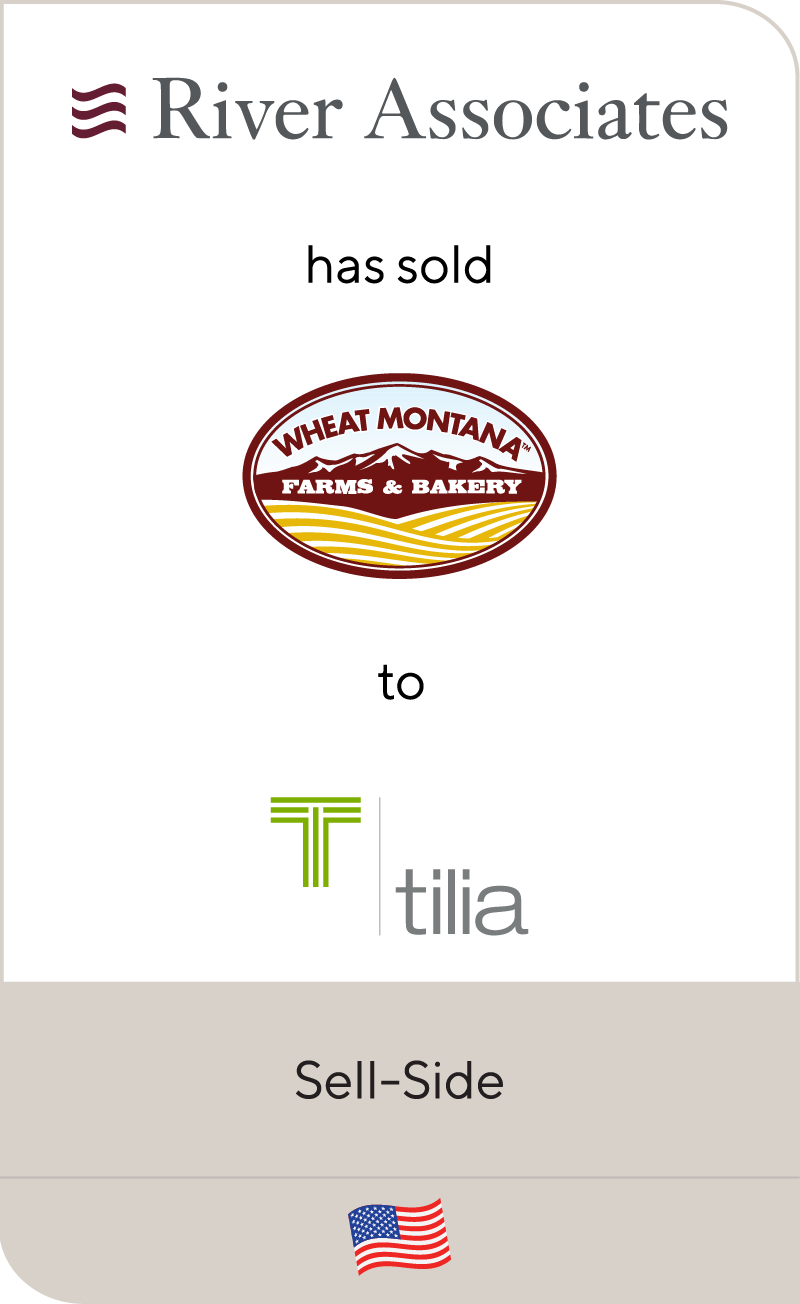
River Associates has sold Wheat Montana to Tilia Holdings
Wheat Montana is a leading brand of better-for-you fresh and frozen bakery and mill products, including high-protein flours, seeds, pancake mixes, breads and buns. The company has built a strong… Read More

Jeffrey Cleveland
As a Managing Director in the Consumer Group, Jeff provides mergers and acquisitions (M&A) advisory services to clients in the food, beverage and agriculture sectors. He has more than 17… Read More









